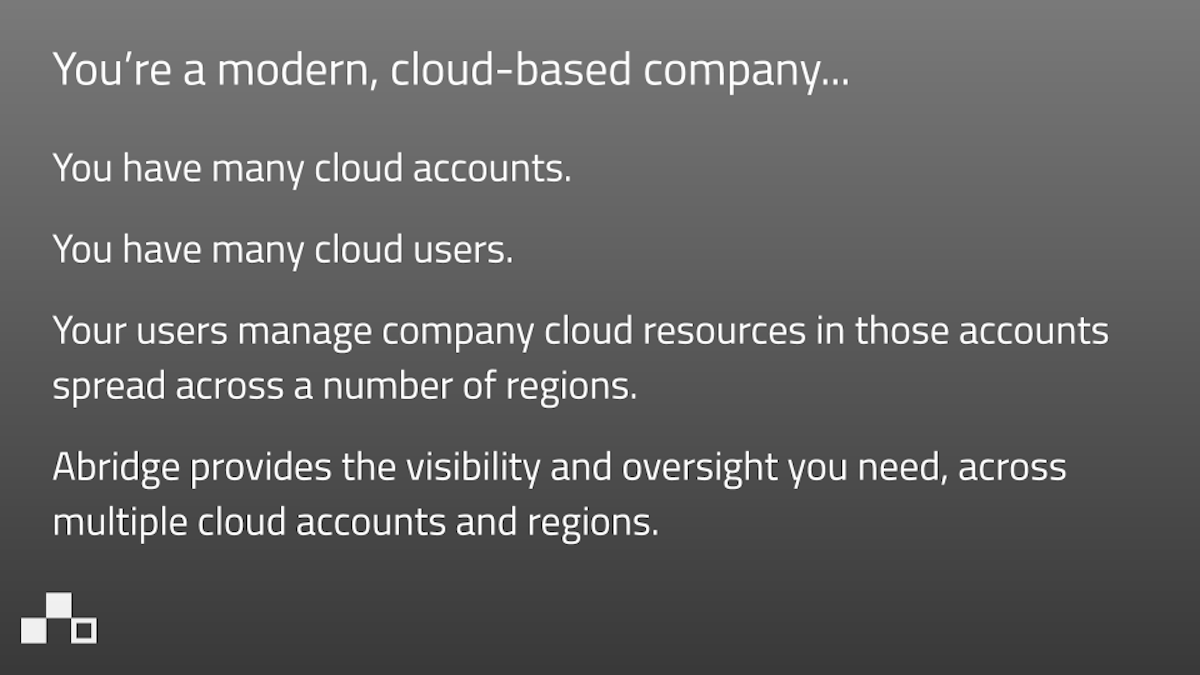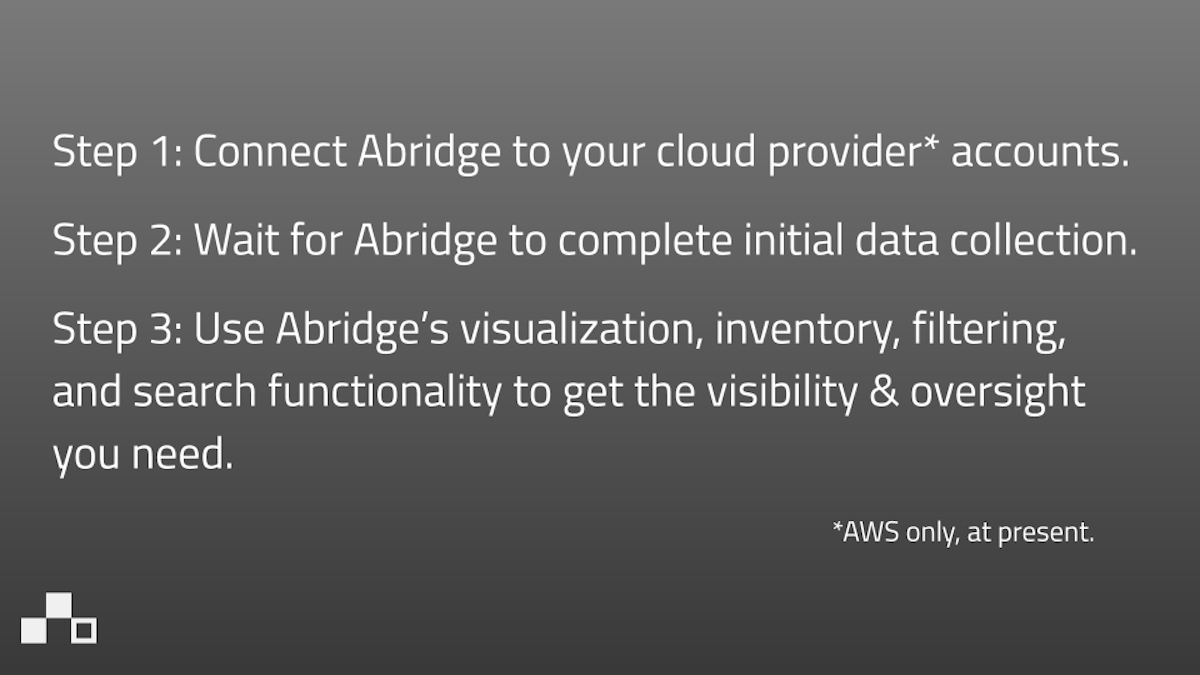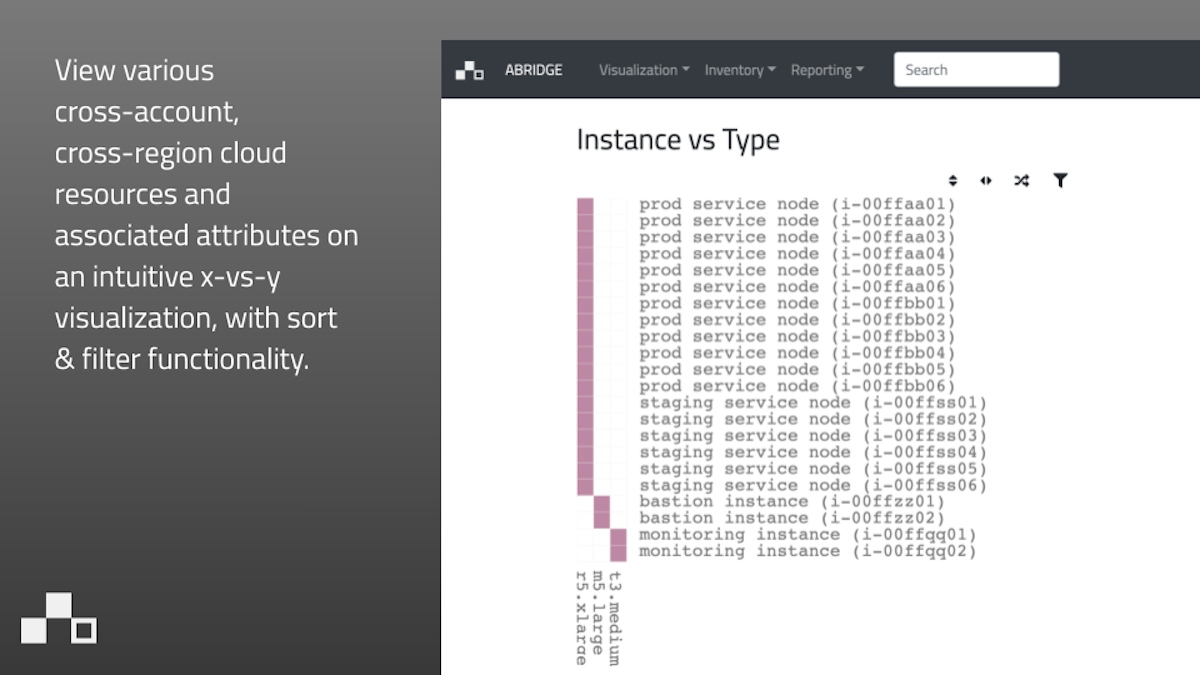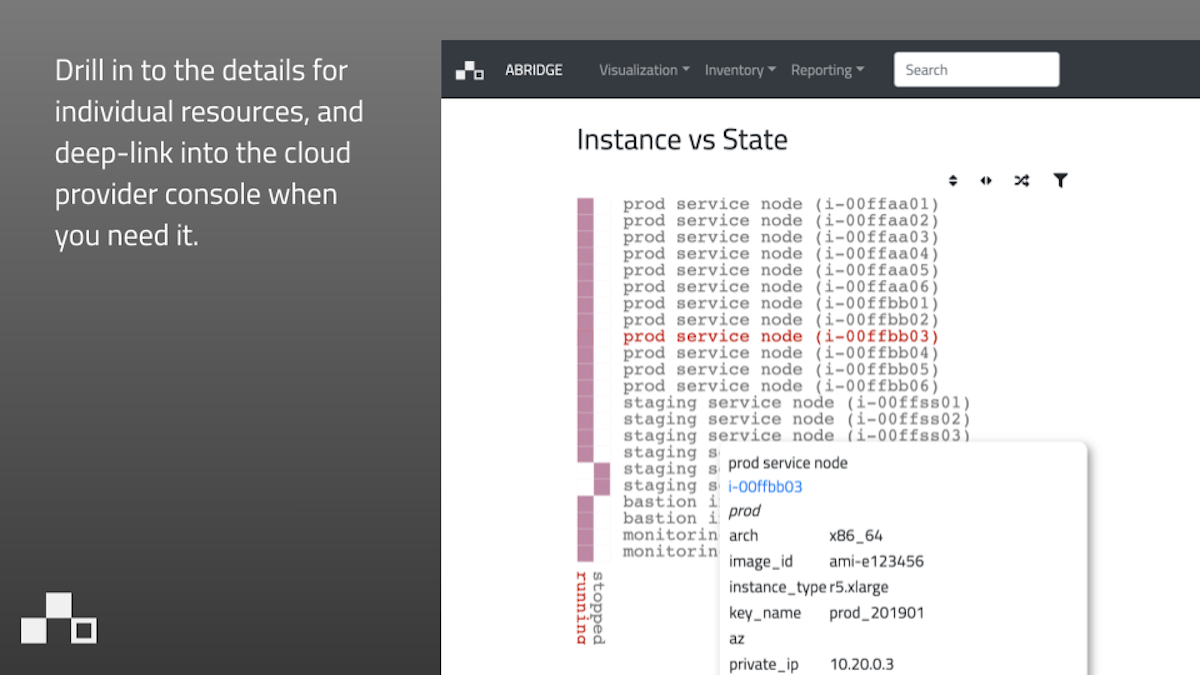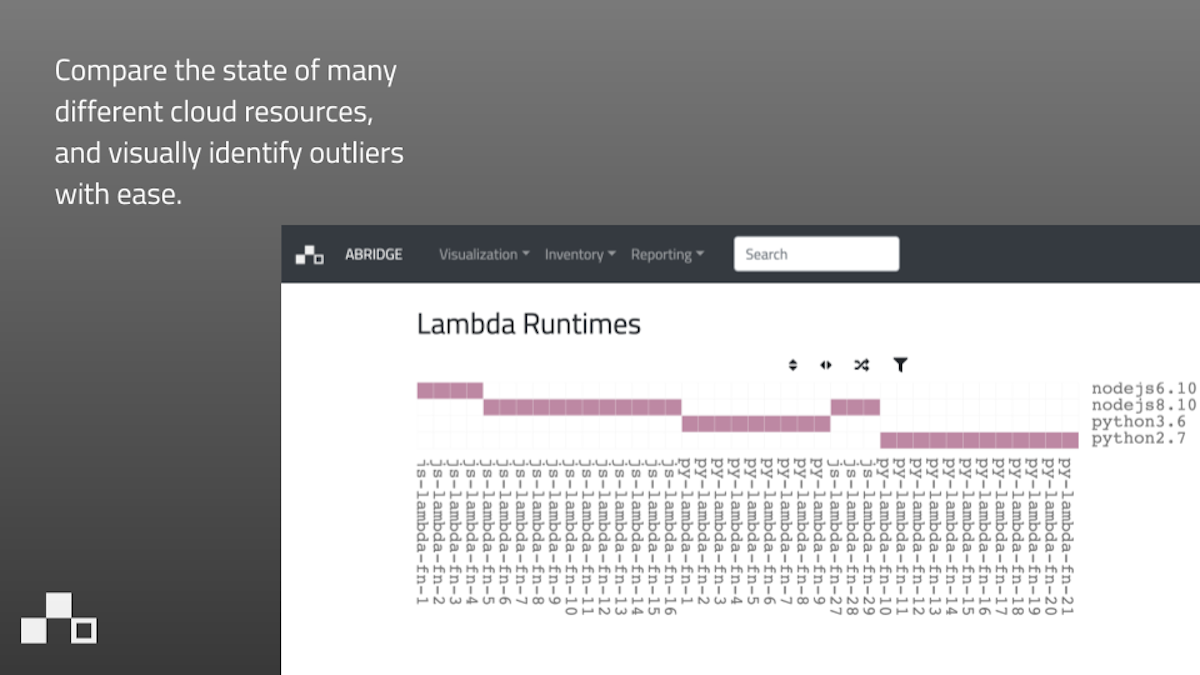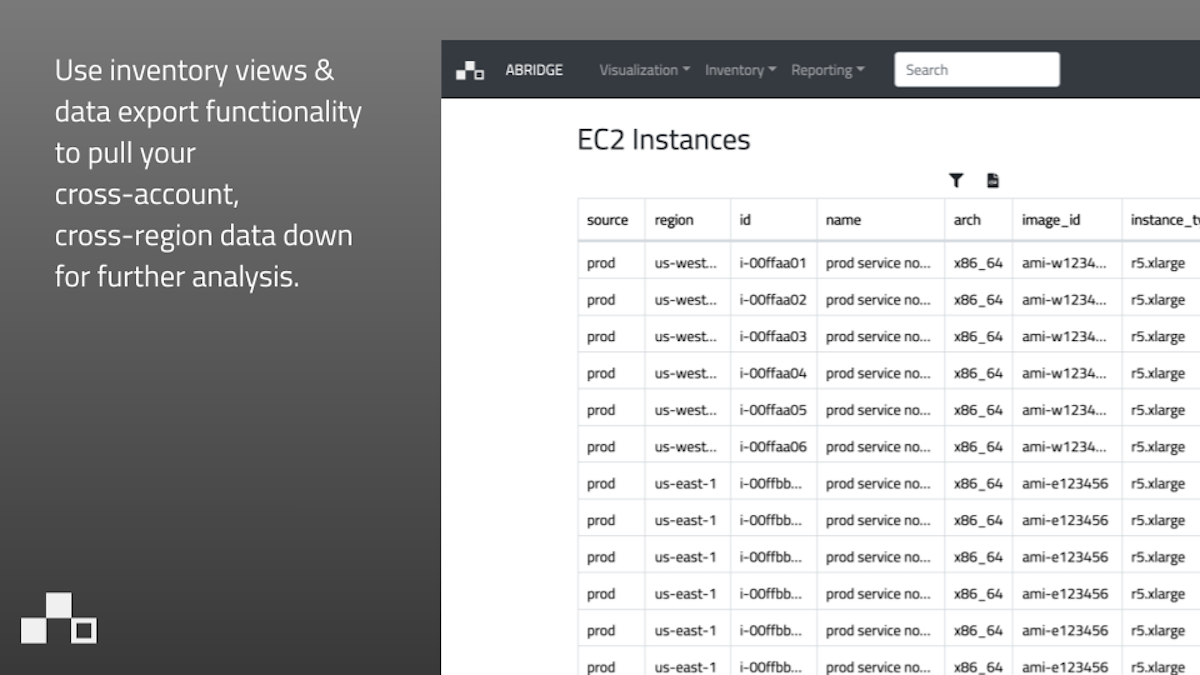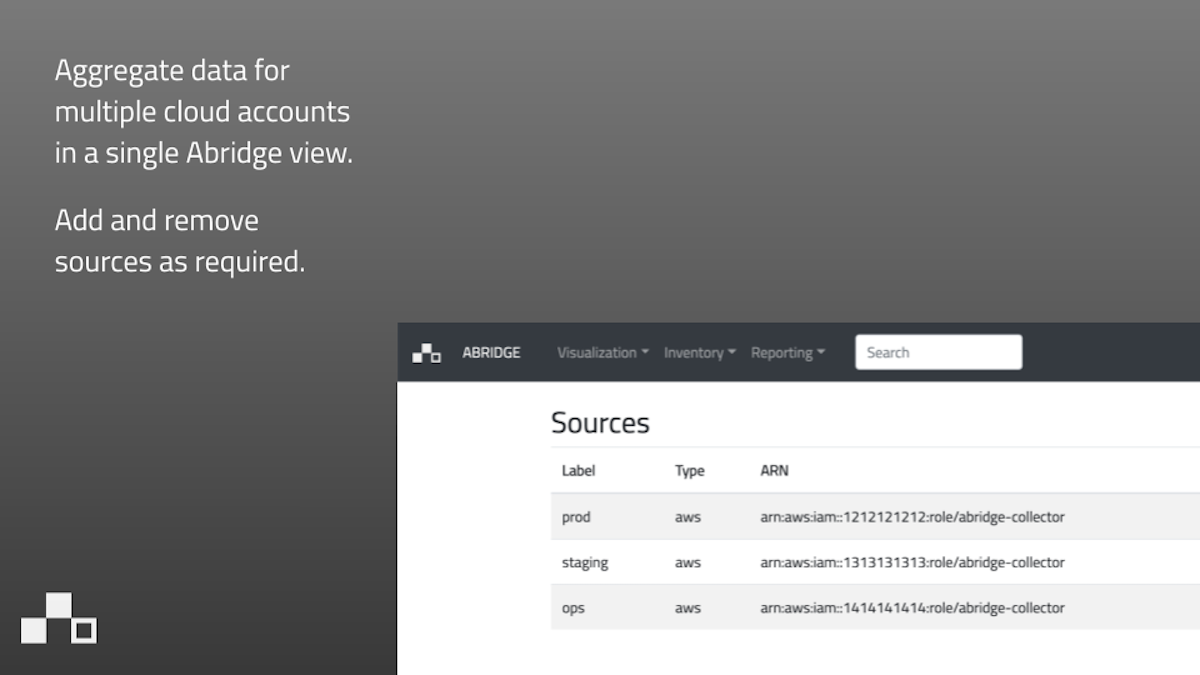Data Minimalism
"Collecting customer data is the single most important key to your marketing strategy." "Customer data is a cornerstone to a successful business strategy." "Capture, unify, segment, and activate all of your customer data." Customer data is like gold, customer data is precious, customer data helps you achieve your wildest dreams...
Is there such a thing as too much data?
Data risks
Customer data may be useful, but it also introduces risk to your business.
- Cost and complexity of storage and maintenance. Managing large collections of data can be difficult! It's not necessarily just a case of dropping it all in an object storage system or database.
- Security exposure. The more data you have, the more value to be gained from unauthorized access. If you are known to collect certain types of data, then this may make you a more interesting target for attack.
- Impact of breach. In the event of a security breach, the more data you have, the more potentially-complicated the investigation and disclosure.
- Privacy program requirements. Certain types of data (for example, PII or PHI) bring certain regulations and requirements into play (GDPR, HIPAA, PCI, and more). Complying with regulation and standards is not always straightforward.
Data minimalism
Datenvermeidung and datensparsamkeit are German words that are used in some of their privacy legislation, among other places. One translation is data avoidance and data economy, which generally mean that only as much data is collected as is absolutely necessary. The combined principles, when applied, are sometimes referred to as "privacy by design".
Some questions to consider:
- Do you know what data you do have, and where it is?
- What is "minimum viable data" for your product?
- What if you stopped collecting [data point x]?
"Minimalism is a tool to rid yourself of life’s excess in favor of focusing on what’s important - so you can find happiness, fulfillment, and freedom." A little grandiose when applied to data, perhaps.. but is there something here? Is it possible that data is not as important as we think? That we're placing too much importance on the collection and aggregation of data? That data overload is leading us to over-complicate our operations or over-extend our risk exposure?
Practical application
Abridge takes the idea of data minimalism and applies it in several ways:
- A minimal set of data is collected about each user and organization. Name, email, organization name, cloud data sources - not much else.
- Customer's cloud data is collected and used for service provision, but only retained for 48 hours after which it is automatically purged.
- Modern web tracking and analytics technologies are not used, either for the marketing site or the Abridge web application.
There are some tradeoffs here. For example:
- Abridge cannot provide historical comparisons or context because it does not retain the data to do so.
- We have not built a marketing "funnel" that builds target profiles through referral to site visit to trial to purchase.
- We don't track usage per-feature/per-button and adjust our product accordingly.
- We can't replay your web session click-by-click and point you in the right direction for a support query.
But perhaps this is an acceptable compromise? I guess we'll see how it goes....
References
For further reading, check out:
- The Minimalists - What is Minimalism?
- Wikipedia - Datenvermeidung und Datensparsamkeit [English translation]
- Martin Fowler - Datensparsamkeit
- The WIRED Guide to Your Personal Data (and Who Is Using It)
- Mozilla's Lean Data Practices
Interested in learning more about Abridge? Check out the web site, or get started now!
« Index
